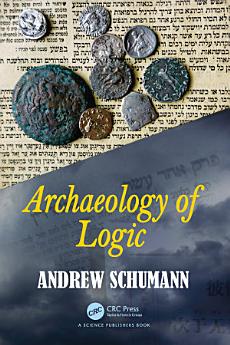关于此电子书
Andrew Schumann in his book demonsrates that logic step-by-step arose in different places and cultural circles. He argues that if we apply a structural-genealogical method, as well as turn to various sources, particularly, religious, philosophical, linguistic, etc., then we can obtain a more general and more adequate picture of emengence and development of logic. This book is a new and very valuable contribution to the history of logic as a manifestation of the human mind. - Prof. Jan Wolenski, Jagiellonian University, Poland
The author of the Archaeology of Logic defends the claim, calling it "logic is aftter all", which sees logical competence as a practical skill that people began to learn in antiquity, as soom as they realized that avoiding cognitive biases in their reasoning would make their daily activities more successful. The in-depth reading of the book with its diving into the comparative quotations in the long dead or hardly known to most of us languages like Sumerian-Akkadian, Aramatic, Hebrew and etc, will be rewarded by the response that the logical competence is diverse and it can be trained, despite the inevitabilitiy of the reasoning fallacies; and that critical discussions and agaonal character of the social lide are the necessary tools for that. - Prof. Elena Lisanyuk
作者简介
Andrew Schumann has a PhD from the Belarusian State University, Minsk, Belarus. He is Professor and Head of the Department of Cognitive Science, and Mathematical Modelling at the University of Information Technology and Management in Rzeszow, Poland. He has participated in the project Physarum Chip: Growing Computers from Slime Mould supported by the Seventh Framework Programme (FP7-ICT-2011-8). The main objectives are to design and fabricate a distributed biomorphic computing device built and operated by slime mould Physarum polycephalum.







